Premium Only Content
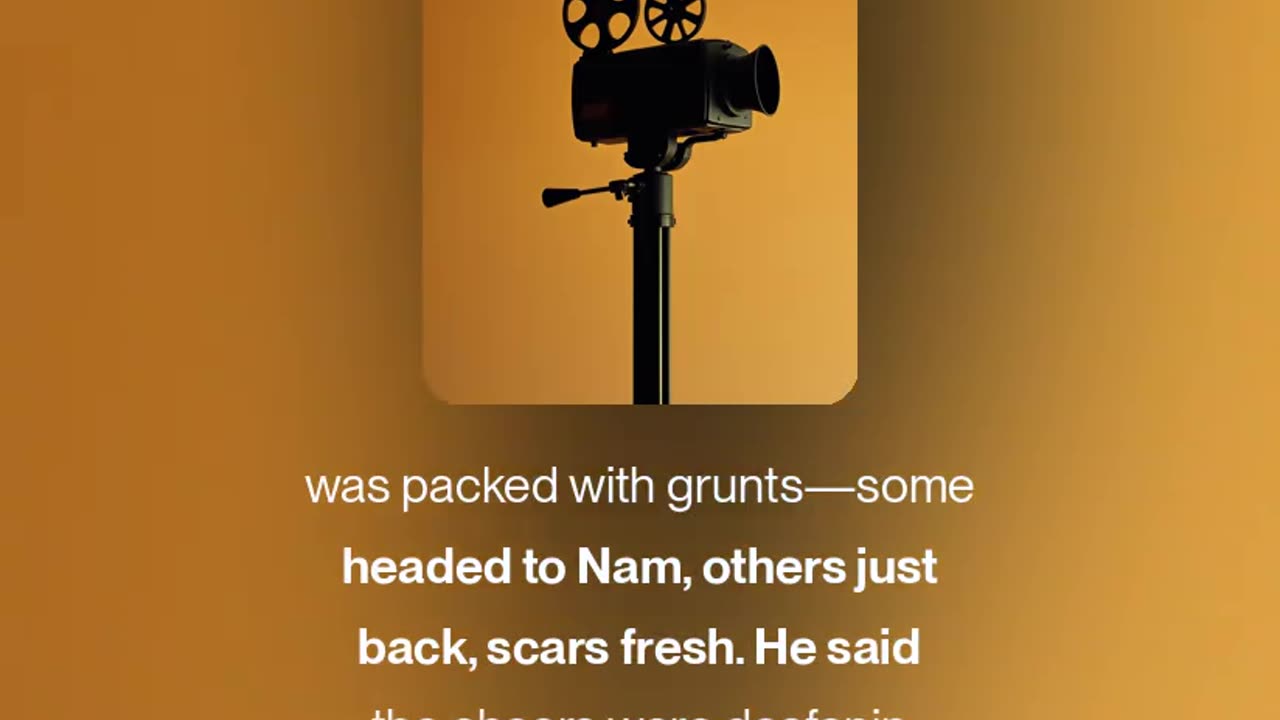
I Saw The Wild Bunch As A Kid
Back in '79, when my brother and I were just nine, our old man, a grizzled bastard with a heart buried under years of hard living, dragged us to a double feature of Sam Peckinpah’s Cross of Iron and The Wild Bunch. It was a dive theater, sticky floors and stale popcorn air, but to us, it was a cathedral of blood and guts. We were all in, wide-eyed, hearts pounding like cheap whiskey through a busted still. No candy-coated bullshit here—just raw, unfiltered thrill.
Cross of Iron hit first, a gut-punch of war’s filth. No heroics, no flag-waving nonsense. Just men, broken and desperate, slogging through Russia’s mud, blood, and shit. It was nightmare fuel—soldiers worn to stubs, faces like cracked leather, fighting not for glory but to breathe another day. The all-male crowd, a pack of roughnecks and loners, ate it up, grunting and hollering like they’d lived it. You could smell the sweat and cigarette smoke, feel the room pulse with their approval.
Then came The Wild Bunch, a beast of a Western that spat in the face of those old John Wayne flicks. These weren’t your granddaddy’s cowboys. They were killers, a gang of outlaws with a code sharper than their blades, hunted by scum so low they’d steal the last crust from a starving kid and laugh about it. The opening bank job was a masterclass in chaos—bullets flying, bodies dropping, no one clean. And that final gunfight? A goddamn symphony of carnage, a bloody orgy that left you dizzy. The crowd roared, fists in the air, like they were part of the slaughter.
Our old man, leaning back in his seat, half-drunk on memory, told us how he’d caught The Wild Bunch years before in a military PX in Germany. The room was packed with grunts—some headed to Nam, others just back, scars fresh. He said the cheers were deafening, raw, like men purging something they couldn’t name. That night, his stories weren’t just stories; they were a window into the man he was before life ground him down.
He’s been gone near a decade now, the old cuss, his voice like gravel and his temper like a busted radiator. But that night—him, us, Peckinpah’s brutal worlds—it’s a memory that sticks, sharp and vivid. It’s not just the films; it’s the way they cracked him open, let us see the man beneath the scowl. We didn’t talk much, but we didn’t need to. The blood on the screen said it all.
-
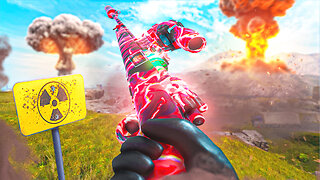 LIVE
LIVE
GritsGG
3 hours agoQuad Win Streaks!🫡 Most Wins in WORLD! 3600+
323 watching -
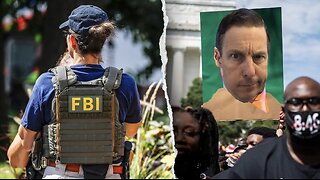 1:18:05
1:18:05
Jeff Ahern
3 hours ago $2.39 earnedThe Saturday Show with Jeff Ahern
19.2K3 -
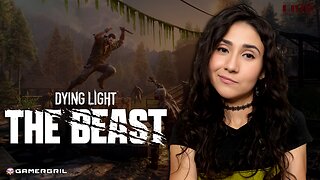 LIVE
LIVE
GamerGril
3 hours agoI Know What You Did Last Stream 💞Dying Light: The Beast💞
98 watching -
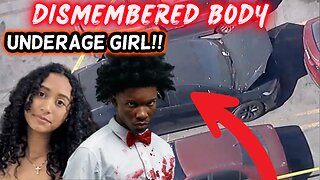 1:24:47
1:24:47
iCkEdMeL
3 hours ago $7.06 earnedFrom Music to Murder? D4VD’s Tesla Horror Story
30.6K9 -
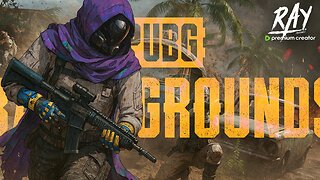 LIVE
LIVE
This is the Ray Gaming
1 hour agoNEW LOOK WHO DIS? | Rumble Premium Creator
44 watching -
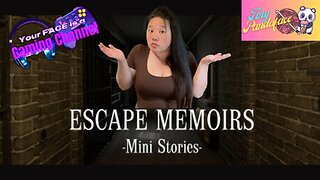 LIVE
LIVE
TinyPandaface
21 minutes agoYour FACE is a Gaming Channel! | Escape Memoirs: Mini Stories - #2
40 watching -
 DVR
DVR
ChrisBoken
2 hours agoDayZ - Our Server Goes Live
17 -
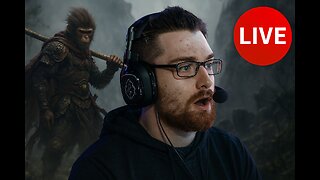 LIVE
LIVE
Spartan
2 hours agoFirst time playing Black Myth Wukong
92 watching -
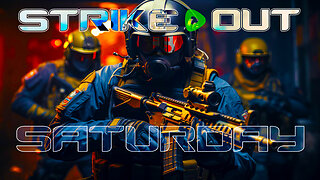 LIVE
LIVE
TwinGatz
3 hours ago🔴LIVE - Strike Out Saturday | CS2 | Counter-Strike 2 | New Subs = Case Opening
54 watching -
 LIVE
LIVE
Simulation and Exploration
5 hours agoHow well does this play on a controller? Future console players check this out!
52 watching